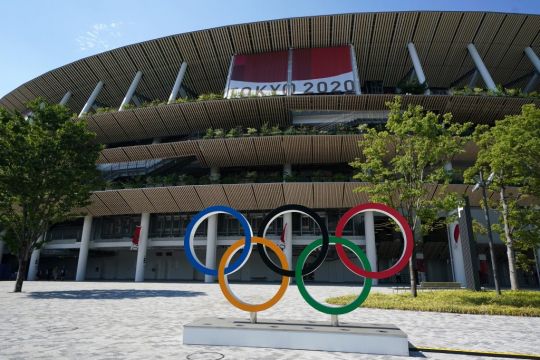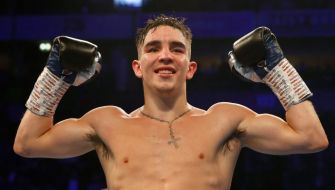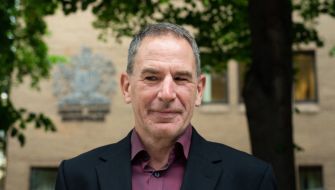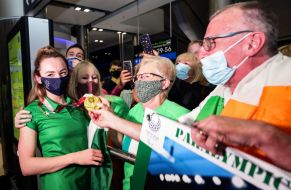The sky over the National Stadium in Tokyo exploded in indigo and white as fireworks marked the start of the opening ceremony for the Olympics on Friday.
Battered by scandal on the eve of the opening ceremony, Tokyo 2020 organisers have the chance to patch up the Games' image when they reveal today who will carry the Olympic flame for the final few steps to light the stadium's cauldron.
The identity of the final torchbearer is one of the Games' most closely held secrets yet speculation has swirled for months around well-known athletes including Naomi Osaka, the four time Grand Slam tennis champion, whose superstar status could also draw attention away from the string of gaffes by organisers in the build-up to the Games.
The world number two's first Olympic match in Tokyo has been pushed back a day to Sunday following a request from Tokyo 2020 organisers, the International Tennis Federation told Reuters.
Osaka, who is returning after a two-month mental health break, was scheduled to kick off proceedings at the Ariake Tennis Park's main showcourt. Tokyo 2020 did not immediately respond to a request for comment.
Opening ceremony
The Olympics will open on Friday with a ceremony starting at 8pm Tokyo time (12pm Irish time) reflecting a Games like no other.
Postponed for a year, organisers were forced to take the unprecedented step of holding the Games without fans as the pandemic continues to take lives around the world.
Even the opening ceremony, normally a star-studded display teeming with celebrities, will have fewer than 1,000 people in attendance.
A vastly smaller number of athletes will march in the teams' parade, with many planning to fly in just before their competitions and leave shortly after to avoid infections.
Only 15 global leaders are in attendance, along with Japanese Emperor Naruhito, who will formally open the Games as his grandfather Hirohito did in 1964, and US First Lady Jill Biden.
Regardless, it marks a coming together of the world, with an audience of hundreds of millions around the globe and at various stages of the pandemic expected to tune into together to watch the start of the greatest show in sport.
Absences and scandals
The ceremony is marked by high-profile absences, including former Prime Minister Shinzo Abe, who wooed the Games to Tokyo. A number of top sponsors and economic leaders will also stay away, highlighting strong opposition to the sporting extravaganza in Covid-fatigued Japan.
In a recent poll, 68 per cent of respondents expressed doubt about the ability of Olympic organisers to control coronavirus infections, with 55 per cent saying they opposed the Games going ahead.
Only a third of people in Japan have had even one dose of vaccines, prompting worries the Games could become a super-spreader event. More than 100 people involved with the Olympics have already tested positive.
The Olympics have been hit by a string of scandals earlier this year, including the exit of the former head of the organising committee as well as its creative chief, over derogatory comments about women.
This week, the director of the opening ceremony was fired over jokes he had previously made about the Holocaust, while a composer of its music was forced to step down after old reports of his bullying of disabled classmates surfaced.
Tourism frozen
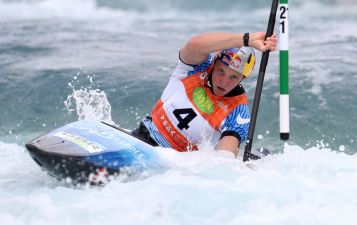
Originally expected to be a massive boon to Japan's economy, the banning of overseas spectators put paid to hopes of an early recovery in tourism, frozen since last year.
Organisers said the entire cost of holding the Games would come to about $15.4 billion, including close to $3 billion in costs for the postponement, although experts estimate total costs of hosting the event to be even higher.
The Games run until August 8th.
About 11,000 athletes from 204 national Olympic committees are expected, along a team of refugee athletes competing under the Olympic flag.
